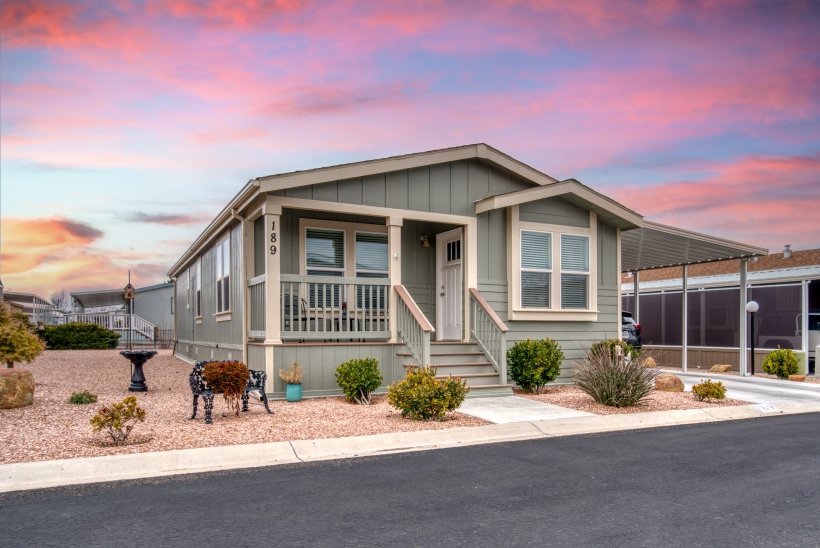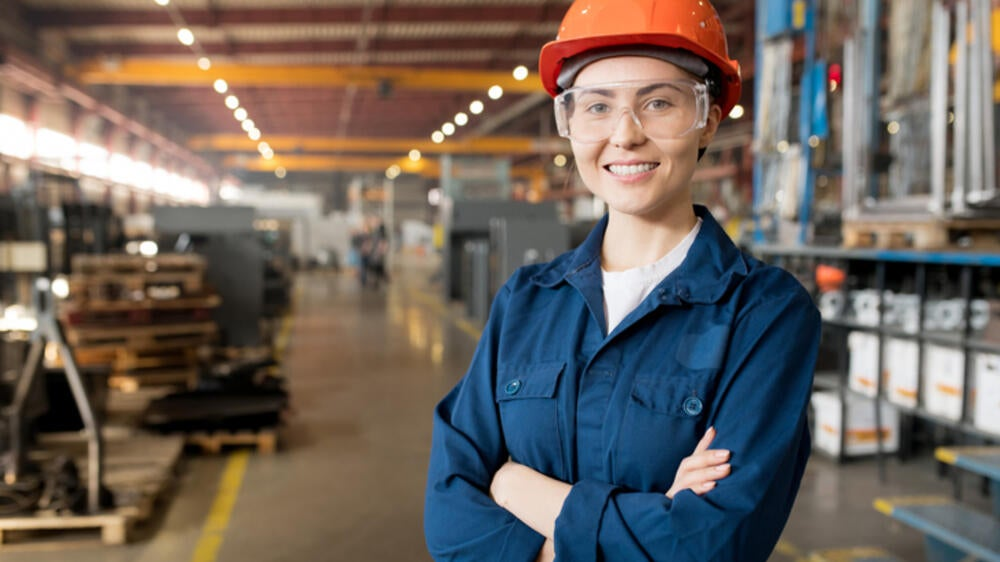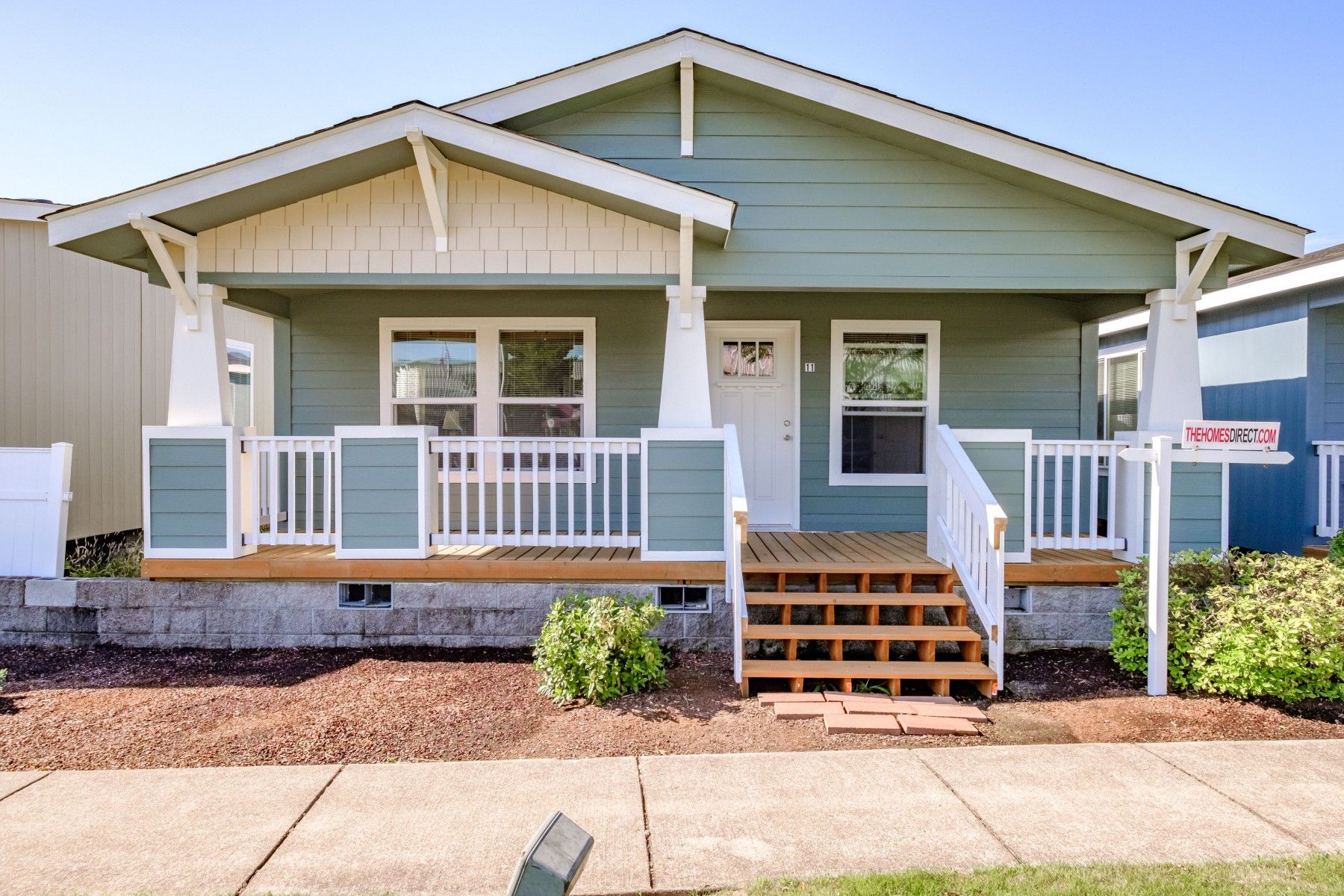Today’s new home buyers demand sustainability and affordability and to achieve those results, the landscape of manufactured housing is undergoing a transformative shift. Thanks to the concerted efforts of the U.S. Department of Energy (DOE) and an industry eager to adapt, new energy standards are setting the stage for a future where manufactured homes are not only more energy-efficient but also more affordable.

photo – DOE
A Leap Towards Energy Efficiency
The DOE’s recent updates to the energy standards for manufactured housing mark a significant milestone in the quest for reducing carbon footprints and utility bills. By aligning with the International Energy Conservation Code (IECC 2021), these new standards introduce stringent requirements for insulation and sealing, ensuring that homes are snug and energy-efficient. This leap towards sustainability is expected to help homeowners save substantially on their utility bills while contributing to the broader goal of reducing carbon emissions.
Supporting Initiatives: A Holistic Approach
Understanding that compliance with these standards requires more than just regulatory mandates, the DOE has launched supportive initiatives aimed at making energy-efficient homes more accessible. The Manufactured Housing Energy Efficiency and Affordability Initiative is a flagship effort, offering states and partners the tools to make energy-efficient manufactured homes more attainable through lower-cost financing options. This initiative not only addresses the immediate need for affordable heating and cooling solutions but also paves the way for broader access to sustainable housing options.

photo – Clayton Homes
Optimizing Production: The BENEFIT Program
In parallel, the Buildings Energy Efficiency Frontiers & Innovation Technologies (BENEFIT) program is propelling the industry forward by funding research and development aimed at meeting the new efficiency requirements. By focusing on optimizing production processes and reducing manufacturing costs, this program is ensuring that advancements in energy efficiency do not come at the expense of affordability. The dissemination of guides and best practices through this program is instrumental in educating builders on how to make homes that are efficient, affordable, and resilient.
The Future of Factory-Built Housing
As the largest source of unsubsidized affordable housing in the United States, manufactured housing holds a key to addressing the nation’s housing affordability crisis. The industry’s pivot towards energy efficiency and the DOE’s supportive initiatives represent a dual approach to not only making homes more affordable in the short term but also ensuring their sustainability and resilience in the face of climate change and natural disasters.
A Sustainable and Affordable Housing Option
These collective efforts underscore a commitment to balancing energy efficiency, cost savings, and upfront affordability. As the manufactured housing industry adapts to these new standards, it is poised to offer a sustainable and affordable housing option for millions of Americans. The future of manufactured housing is not just about providing shelter but about creating homes that are as kind to the environment as they are to the wallet.
In conclusion, the evolution of manufactured housing underlines a pivotal shift towards sustainability and affordability. Through regulatory updates, supportive initiatives, and industry innovation, the dream of accessible, energy-efficient homes is becoming a reality, setting a precedent for the future of housing in America and beyond.
.
Gary Fleisher is a renowned blogger and commentator on construction and housing trends, known for his insightful analysis of the industry.



